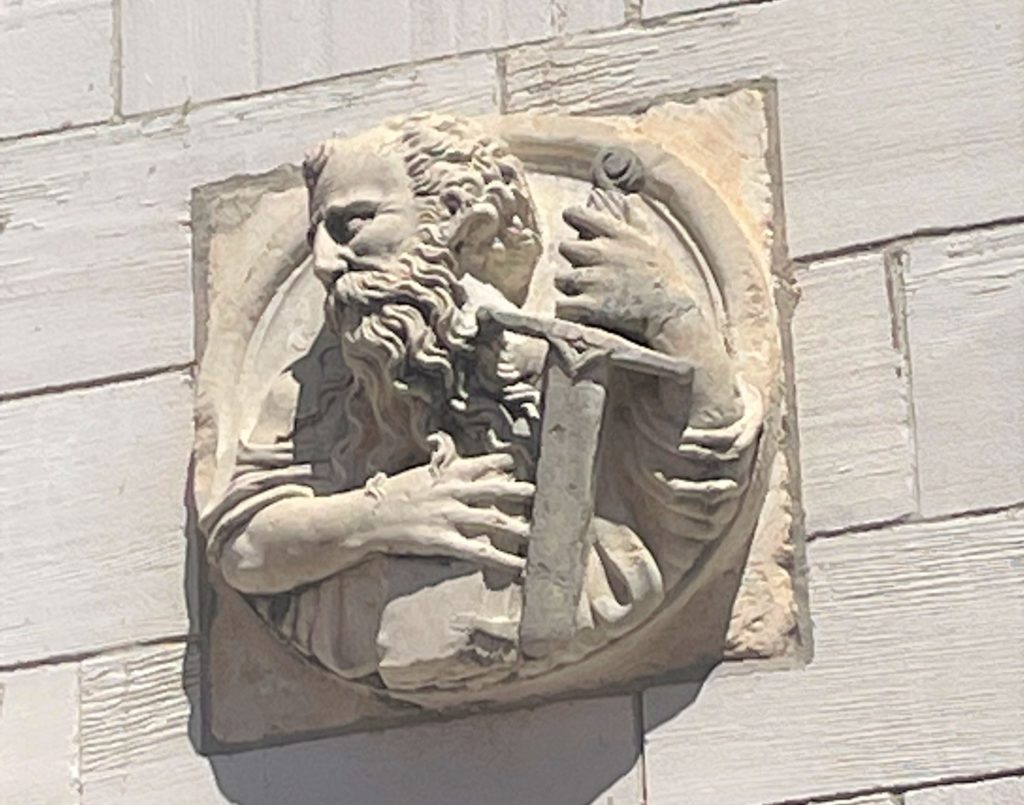Florida Probate — secrets from the experts

Do you really need a lawyer for the Florida Probate that you are involved in? You may not, after all. Find out some secrets from the experts to help you stay informed, up to date, and to receive your inheritance. (Yup, that’s right: it should not be that difficult!) For more perspective on this topic, click HERE.

Florida Probate Process Explained
Previously, we have written about the whole “estate-probate-inheritance” process. To read more about this topic, you can click here.
But, let’s quickly go over some basic, important aspects that you NEED to know.
First, if there is no will, then “heirs” inherit through intestacy. This includes the surviving spouse unless he signed a prenup or some waiver of inheritance rights.
Second, in an intestate estate, adult children — NOT just minor children– inherit. And maybe even some grandkids. Intestacy is the passing of property from an estate to heirs. It’s a process with its own special rules. Why talk so much about this topic? Because today, lots and lots of people die without a will. Even those who had the money to afford an attorney to write one. It happens all the time.
Third, to get your inheritance, you probably need to “open” a probate. Why? Because you probably want two things: first, a “personal representative” appointed to administer the estate; and two, orders from the probate judge that say you inherit. (This is true especially for real estate or homestead. When you go to sell it, the title company usually wants to see certain court documents). And, many times, Florida banks are reluctant to turn over bank accounts until they know who is in charge or receive an order from the probate court.
4, if things are going too slowly, you can file motions with the probate judge to move things along. After all, probates are NOT supposed to last for years and years. Find the assets, pay debts and taxes, determine the beneficiaries, distribute inheritances, and close. Simple enough, right?
Fifth, whoever has an original will must file it within 10 days. With the clerk of courts.
The will has to be “proved up” and then admitted to probate. Anyone with objections or a will contest must file the proper papers with the court.
Secrets !
OK, so here are some insider-tips, keen points of insight, and “secrets” that you may not know.
- First, not everyone needs an attorney. If you trust the executor or personal representative to be fair, provide disclosure and is trustworthy, why pay for a probate lawyer?
- Second, the personal representative is required to have an attorney. That probate lawyer will be helping the “PR” to administer the estate, share information with you and eventually make inheritance distributions and close the estate.
- Third, if you have rights, don’t sit on them! Then, you should get an attorney. One who looks out for you and only you. After all, the lawyer for “the estate” typically represents the PR. And while that probate lawyer may have some duties to beneficiaries, you really should get your own lawyer whose ONLY duty of loyalty is to you. If you are intimidated by the high cost of good probate lawyers in Florida, consider finding a firm that will take your estate case on a contingency. But, remember, the law views silence and in-action as consent. So, if you are in doubt about your rights, get some unbiased advice from an expert. And, if you decide to take action, make sure that you file the proper papers timely.
- Statutes of limitations are often very short ! In the probate and trust world, you may only have a few months to file suit or bring forth certain objections. Don’t make the mistake that you have years. You may not. Remember, probates are supposed to be administered “expeditiously”. They are not supposed to go on and on for years.
- 4th, you have power ! Yes, you, an “interested person” in the probate. A family member or heir, a creditor, a beneficiary. You have the ability to participate in the probate. To ask questions, to get answers. And, if you are not getting the information which you seek, you can go ask the Probate Court Judge, who can order someone to give you answers.
- 5th, subpoenas tell it all! One of the great powers of a lawyer is the power of subpoena. You can have your lawyer issue subpoenas to banks, a title company, for bank accounts, brokerage accounts and real estate closings. These documents help you follow the money. But, you have to do it according to the Florida Rules of Civil Procedure.
- 6th, you can read a LOT about this process for free. Consider reading the Florida Probate Code and the Florida Probate Rules.
- Finally, if you lose at the probate court level, understand if you want to take an appeal. Consider hiring a firm that extensively handles appeals under Florida Rule of Appellate Procedure 9.170.